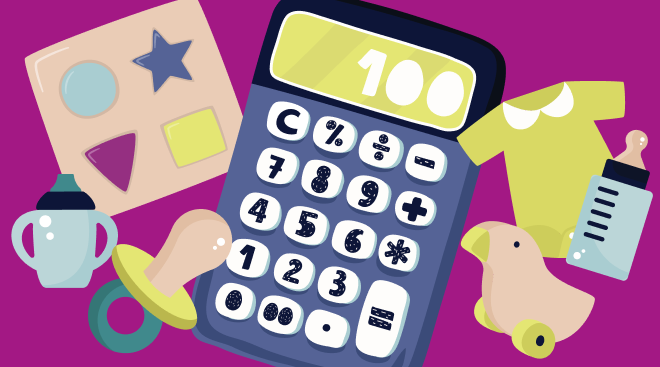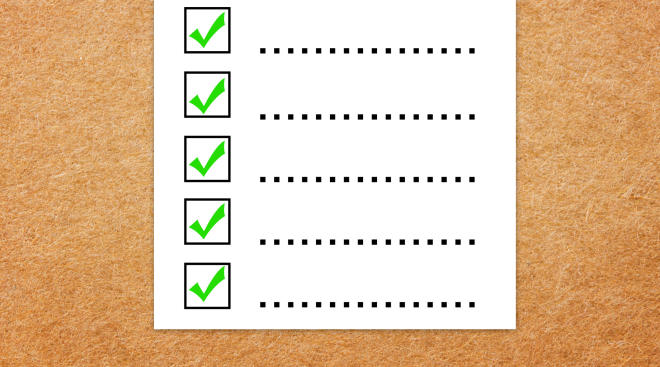1 in 50 Kids Will Have Their Identity Stolen: Here’s What You Might Not Know
Did you know a child is 51 times as likely to have their identity stolen than an adult? According to a new study by Javelin, identity theft affects 1.25 million kids — or about 1 out of 50 children — every year. Before baby is out of diapers, they could have a credit card and home loan in their name that you don’t even know about.
While most child identity crimes are committed by people that know the child personally, the frequency of cyber identity theft is growing and you may be putting your child at risk by doing seemingly innocuous things online.
How are scammers stealing my child’s identity?
Of the 1 in 50 US children who were victims of ID fraud last year, 1 in 45 had personal information that was exposed in a data breach. Between digital learning and telehealth, your child’s social security number may be circulating the internet more than ever before.
Experts also point to social media as one of the largest risk factors when it comes to your child’s identity being stolen. As kiddos head back to school, many parents hop on board with the tradition of photographing their child with a back-to-school chalkboard.
While this trend may be cute, it could also be dangerous. Safety and security Tik Tokker Cathy Pedrayes warns parents that “They’re great for our memories but they often have a ton of information like your kid’s teacher, school, grade, interests or more, which can be used to engineer a scam or worse.” Pedrayes says in the video. “Instead keep that information private and do a generic post.”
Even baby registries are increasingly targeted by scammers. A recent report by CBS17 found that a simple search of Amazon registries reveals the first and last names of many couples where they live, baby’s expected arrival date and sometimes even their name. “They want to use that information they got from a registry and from an identity marketplace or data breach and use that to impersonate you in a new account to make money or to hide money they’ve stolen elsewhere,” James Lee of the Identity Theft Resource Center told CBS17.
How do I know if someone has stolen my child’s identity?
The tricky thing about child identity theft, and what makes it so enticing to theives, is that it can take years for children or their parents to realize their identity has been stolen. Evidence of theft is often only discovered when a child applied for student loans, has a credit check for an apartment or bill collectors come calling.
According to The Federal Trade Commission (FTC), these are some common warning signs to watch out for:
- You’re denied government benefits (like health care coverage).
- You receive credit card offers in your child’s name.
- Someone calls you and says your child has an overdue bill, but it’s not an account you opened for the child.
- You get a letter from the IRS that says your child didn’t pay income taxes.
- You’re denied a student loan because your child has bad credit.
What can I do to protect my child’s identity?
Freeze your child’s credit
If anyone does steal your child’s identity freezing their credit will keep them from applying for credit cards and home loans. It’s completely free to do and won’t hurt their credit score. You can send freeze requests to the three main credit agencies Equifax, Experian and TransUnion. You’ll have to mail the application and send copies of official documents to prove your identity, your child’s identity and your relationship to the child.
Limit the people and organizations who have access to your child’s social security number
The FTC suggests if your child’s school or any other organization asks for your child’s Social Security number, you should ask them four simple questions: Why do you need it? How will you protect it? Can you use a different identifier? Can you use just the last four digits of the Social Security number? The fewer places your child’s social security number lives the less likely it is to be stolen in a data breach. It’s also important to keep the physical documents locked away safely.
Reduce the sensitive information you share on social media and online
Consider making your registry and social media profiles private to keep strangers from possibly getting enough information to impersonate you or your child. Even if your profile is private it is still wise to keep sensitive information like where your child goes to school and your address offline.
What to do if you believe your child has had their identity stolen
If you believe your child’s identity has been stolen, the FTC recommends you take three steps immediately.
- Step 1: Report and close the fraudulent accounts
- Step 2: Freeze your child’s credit report
- Step 3: Report child identity theft to the FTC at IdentityTheft.gov.
For more information on child identity theft visit the FTC’s Consumer Advice page.
Navigate forward to interact with the calendar and select a date. Press the question mark key to get the keyboard shortcuts for changing dates.





















































